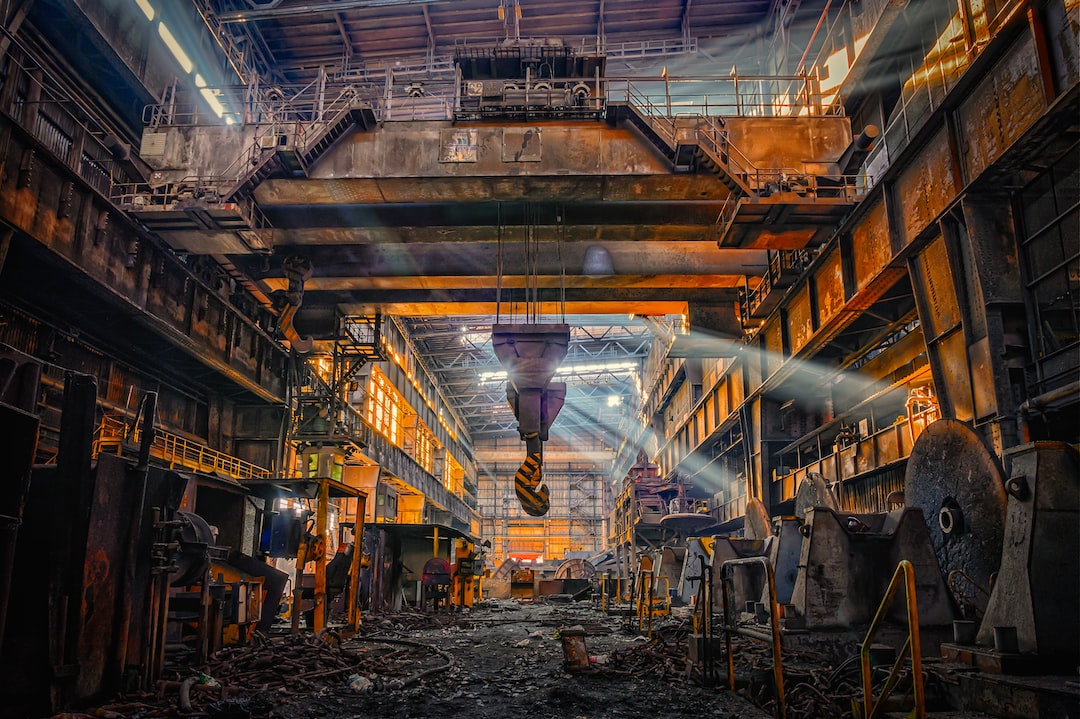The Role of Robotics in Modern Manufacturing
In recent years, the manufacturing industry has witnessed a rapid transformation due to advancements in technology. One of the most significant changes has been the integration of robotics into manufacturing processes. Robotics has revolutionized the way products are made, leading to increased efficiency, improved quality, and reduced costs. In this blog post, we will explore the various roles robotics plays in modern manufacturing.
Automation has always been a key goal in manufacturing, aiming to streamline operations and minimize human error. The introduction of robotics has enabled manufacturers to achieve unprecedented levels of automation. With the help of robots, mundane and repetitive tasks that were once performed by humans can now be carried out with precision and efficiency. This not only frees up human workers to focus on more complex and innovative tasks but also enhances productivity and output.
One of the primary advantages of robots in the manufacturing industry is their ability to perform tasks that are too dangerous or challenging for humans. In environments that involve exposure to hazardous materials or extreme temperatures, robots can operate with ease, without any risk to their own well-being. This ensures the safety of workers and reduces the likelihood of accidents, making manufacturing plants a safer place to work.
Furthermore, robots have vastly improved the quality of manufactured goods. With their unparalleled precision and accuracy, robots can consistently produce products that meet the highest standards. By eliminating human errors that can occur due to fatigue or inattention, robots ensure a higher level of product quality and reliability. This is particularly crucial in industries such as automotive and aerospace, where even the smallest defect can have disastrous consequences.
In addition to precision, robots have also accelerated the speed of manufacturing processes. With their ability to work tirelessly without breaks, robots can carry out tasks at a much faster pace than humans. This increased speed translates into shorter production cycles, enabling manufacturers to meet ever-increasing customer demands. As a result, businesses can scale up production, reduce lead times, and stay competitive in the global market.
Cost reduction is another significant advantage of incorporating robotics into manufacturing. While the initial investment in robot technology can be substantial, the long-term benefits far outweigh the costs. Robots are more cost-effective than human labor in the long run as they do not require salaries, benefits, or retirement plans. Moreover, robots can work around the clock without the need for overtime pay, maximizing efficiency and reducing operational expenses.
Not only has robotics transformed individual manufacturing processes, but it has also revolutionized entire supply chains. The integration of robotic systems with advanced sensors and artificial intelligence has enabled the development of smart factories. These factories have fully autonomous systems that can communicate, analyze data, and make decisions in real-time. This level of interconnectedness and intelligence allows manufacturers to optimize production, improve inventory management, and enhance overall operational efficiency.
Despite the numerous advantages, the widespread adoption of robotics in manufacturing does raise concerns about the potential displacement of human workers. However, it is important to note that the role of humans is not being replaced, but rather redefined. As robots take over repetitive tasks, humans can focus on tasks that require creativity, problem-solving, and critical thinking. Thus, the integration of robotics in manufacturing actually creates new opportunities for human workers to develop and utilize their skills.
In conclusion, the role of robotics in modern manufacturing cannot be underestimated. From increased automation to improved safety, quality, and speed, robots have revolutionized the manufacturing industry. They have transformed individual processes and entire supply chains, optimizing operations and reducing costs. While the technological advancements may bring concerns about job displacement, it is vital to embrace the potential of robotics in creating a more efficient and innovative manufacturing sector.


